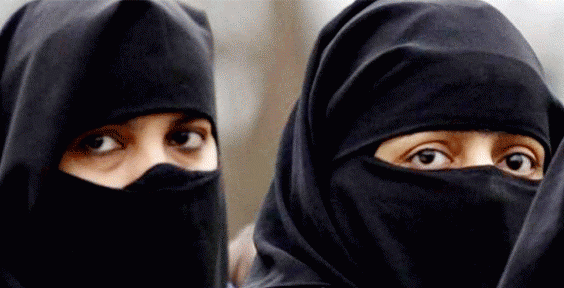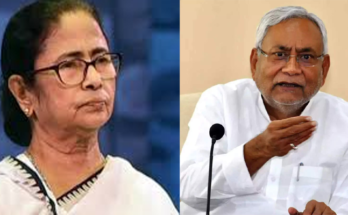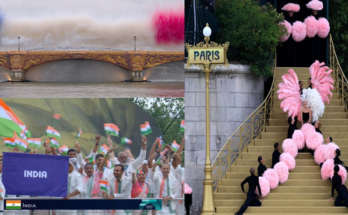 JNS: The Supreme Court on Tuesday admitted for consideration a plea by a couple to lift the ban on Muslim women’s entry into mosques across the country.
JNS: The Supreme Court on Tuesday admitted for consideration a plea by a couple to lift the ban on Muslim women’s entry into mosques across the country.
“The only reason we may hear you is because of our judgment in Sabarimala temple,” a Bench of Justices S.A. Bobde and S. Abdul Nazeer remarked orally. The court issued a notice to the government and various bodies, including the National Commission for Women.
In September last, a Constitution Bench of the court lifted the age-old ban on women of menstrual age, between 10 and 50 years, entering the famed Sabarimala temple in Kerala.
A couple has moved the Supreme Court against the prohibition of entry of Muslim women into mosques, terming the bar as illegal, unconstitutional and a violation of their dignity, different media reported.
The couple said they had approached several Islamic religious heads on the issue, but received no positive response. In fact, the petition said, “The Imam of Jama Masjid, Bopodi, Pune had written that since no permission can be granted, he is not sure about the entry of women in the mosque.”
The petitioners said the police did not also respond to their request to provide them protection for entering mosques.
The Pune-based couple, Yasmeen Zuber Ahmad and Zuber Ahmad, told the court that the ban was illegal, unconstitutional and a violation of their dignity.
“There should not be any gender discrimination and Muslim women should be allowed to pray in all mosques, cutting across denominations. There is no such gender discrimination to offer worship in Mecca, the holy city. The faithful, both men and women, together circle the Kaaba,” their petition said.
Presently, women are allowed to offer prayers at mosques under the Jamaat-e-Islami and Mujahid denominations. Women are barred from mosques under the predominant Sunni faction.
Even in mosques where women are allowed, there are separate entrances and enclosures for worship for men and women.
The petition argued that such a bar on Muslim women was “violation of Article 44 of the Constitution of India, which encourages the State to secure a Uniform Civil Code for all citizens, by eliminating discrepancies between various personal laws currently in force in the country”.




